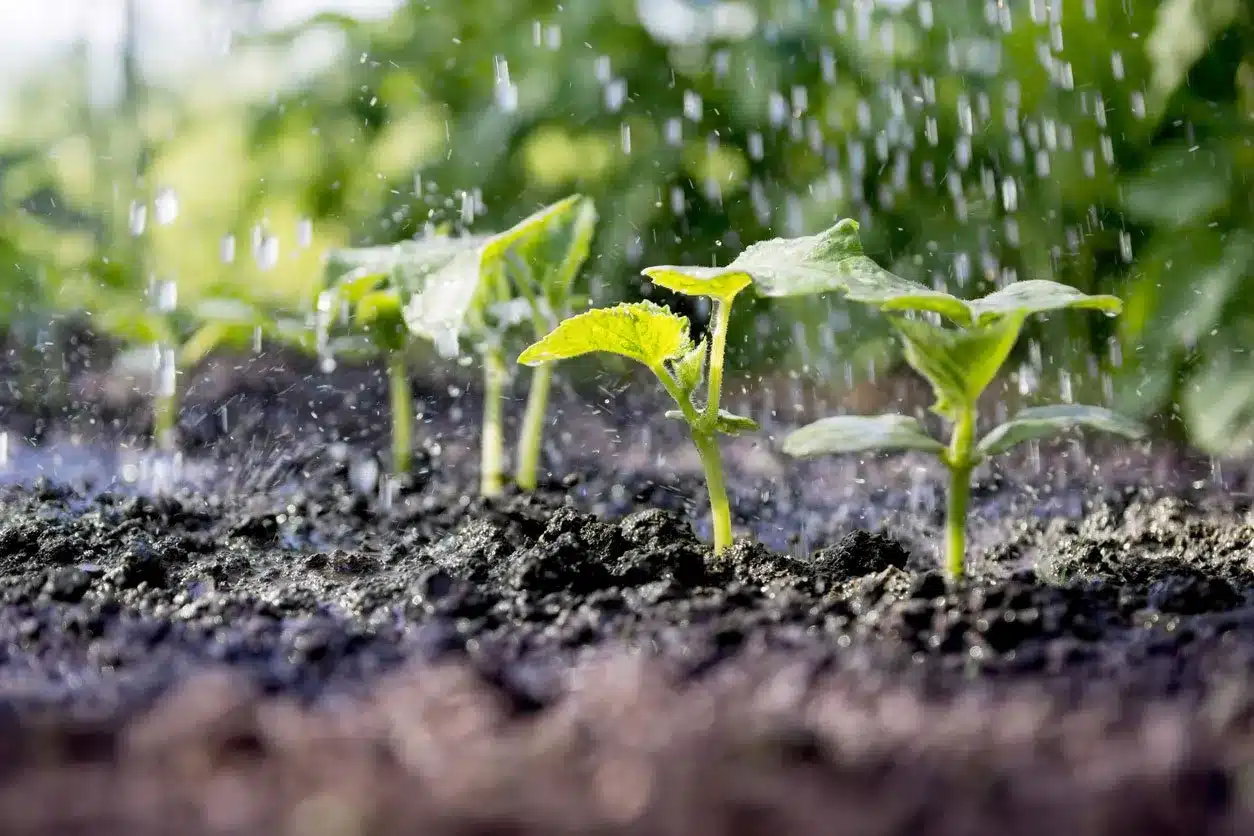
Why are the benefits in Growing Your Own produce?
Grow Your Own with PlantGrow Here at PlantGrow, we’re really pleased to be hearing from many new and existing customers that they’re keen to start

The latest gardener to join our PlantGrow Champions network is Emma from @Ems_Allotment_Garden. Her dedication to the environment is inspiring and we want to support her as she works to encourage people to use organic products in their gardens.
Growing up, Emma was always fascinated by nature and biology. Her love of plants started when she was small and she was visiting a heritage site. “They had an absolutely gigantic Gunnera manicata. I was in complete awe that a plant with such huge leaves was real!”
Since then, plants became a lifelong love of Emma’s, alongside all things animals and nature. She would grow whatever she could – usually in containers as she moved and rented a lot. She had a small pop-up greenhouse and cut open grow or compost bags on patios until she settled in Hampshire and joined the local allotment waiting list.
“After a long 5 year wait, I had my very first plot. I battled mare’s tail and bindweed, grew and traded veggies with my lovely plot neighbours and did far more digging than I needed to. I wish I had known about no-dig back then for so many reasons!”
Several years later Emma bought a house and gave up her plot for someone else to use so she could create her dream growing space: a no-dig, organic haven for herself and the local wildlife. That’s where Em’s Allotment Garden was born!
Organic gardening is extremely important to Emma. “We’ve never experienced a more troublesome time for the environment. Industrial agriculture, chemical and pesticide use, the huge loss of soil and environmental biodiversity and habitat are all huge problems.
More awareness is being raised that nature is struggling and that we can all make changes and better choices to help. For me, this means gardening and growing in a way that enhances and feeds into my soil, growing spaces and ecosystem.”
Emma practices no-dig and organic gardening in her garden and only uses peat-free organic certified compost. A recent bad experience cemented her belief in gardening this way to protect the environment and her harvests.
“In spring 2020 I had first-hand experience with Aminopyralid contamination in my garden. Compost from a bulk supplier that I ordered from was contaminated with herbicides and trash; it killed everything that was in contact with it and was a write off for the rest of the growing season. Though I did manage to remove it (all 3 tonnes of it!) and build ‘The Tall Planter’ in order to have some late sown veg, it took a lot of putting right.”
Emma is constantly learning and trying to deepen her understanding to help her do better for her growing space and the environment. She’s currently studying for the RHS Level 2 certificate in plant growth, propagation and development and is reading up on permaculture and soil microbes.
“The more I learn, the more I’m amazed at how much truly goes on beneath our feet and right in front of us. This year I stopped buying hybrid seeds and am making the switch over to heirloom varieties from small-scale ethical companies with the goal of starting to save and share my seeds to help promote availability and sustainability of seed access and stock.
I love to experiment with new and different ways of growing. I feel like gardening is such a playful, joyful and freeing thing. You can throw out all the rules, get it wrong, try again and experience the joy and fun throughout the whole process. This year I also expanded into the world of flowers and I’m so excited for all those blooms for myself and the wealth pollinators it should attract to the allotment garden. There are big changes on the way to Em’s Allotment Garden and I’m so excited for what’s to come.”
Emma is so passionate about the environment and considering how soils and wildlife work together. We want to work with her as she shows her followers how they can each do their small part to help the planet and reduce the effects of climate change. If we add all our gardens in the UK together, it is bigger than all of our nature reserves. If each of us made a conscious decision to use organically friendly products in our garden, this will have a great impact on our planet.

Grow Your Own with PlantGrow Here at PlantGrow, we’re really pleased to be hearing from many new and existing customers that they’re keen to start
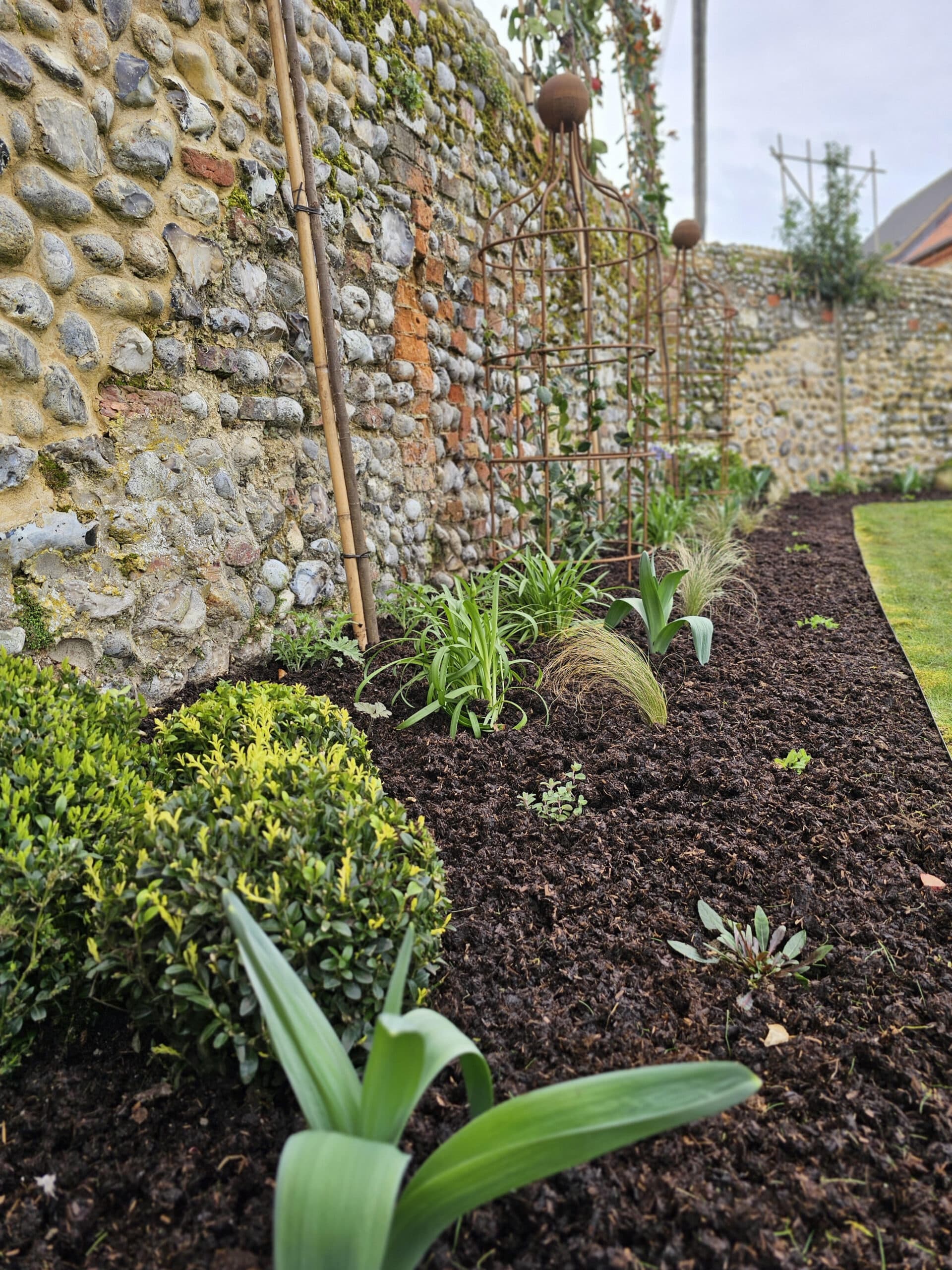
Mulching or topdressing is needed for a number of reasons as it is beneficial for your plants, the soil and the environment. Having organic material
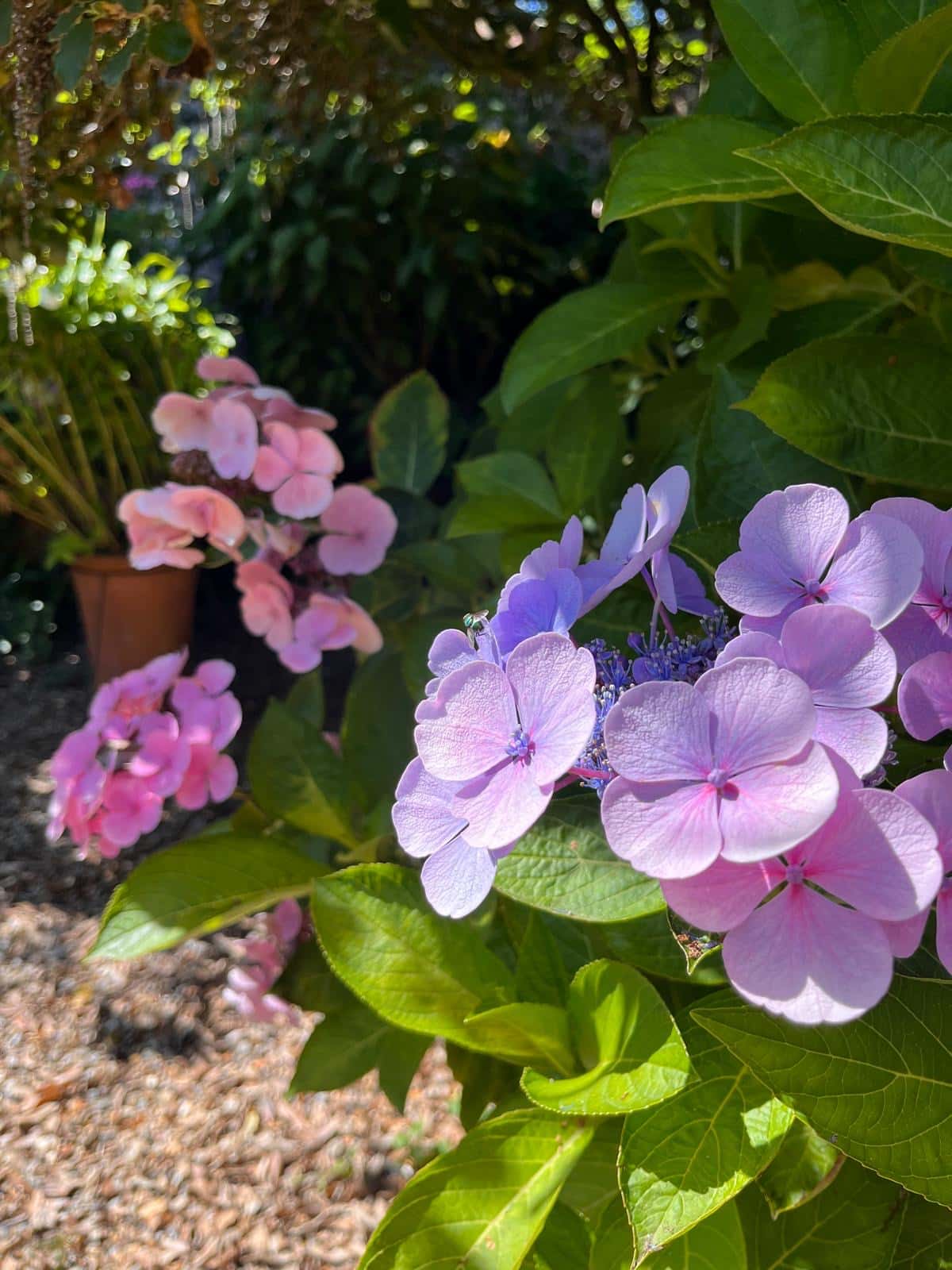
When Spring arrives, our home gardens begin to come alive again as the bleak months of winter end, temperatures rise and the hours of daylight
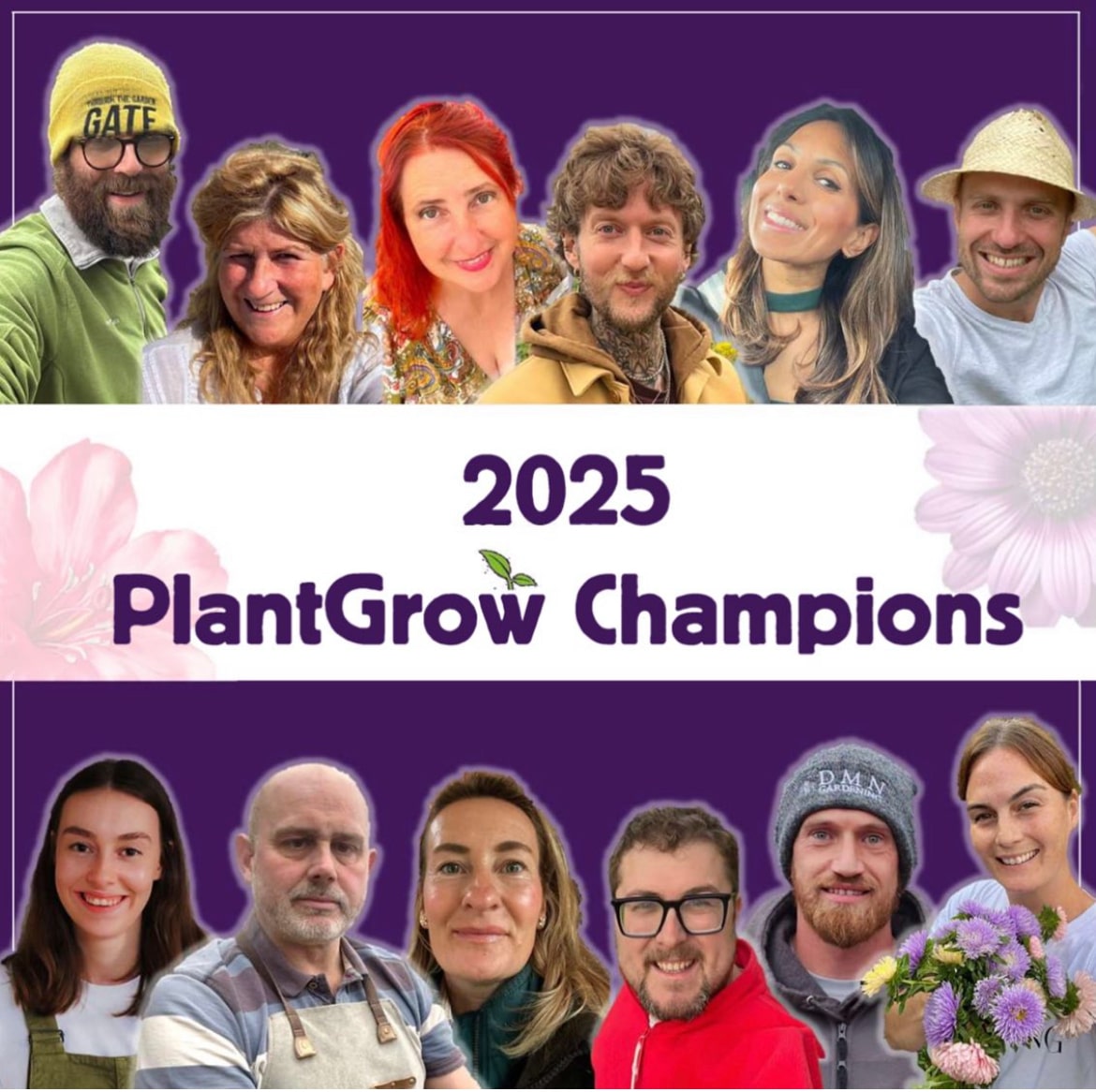
Our new Champions will be flying the flag for PlantGrow this year and all things natural. We have selected a varied group of individuals from
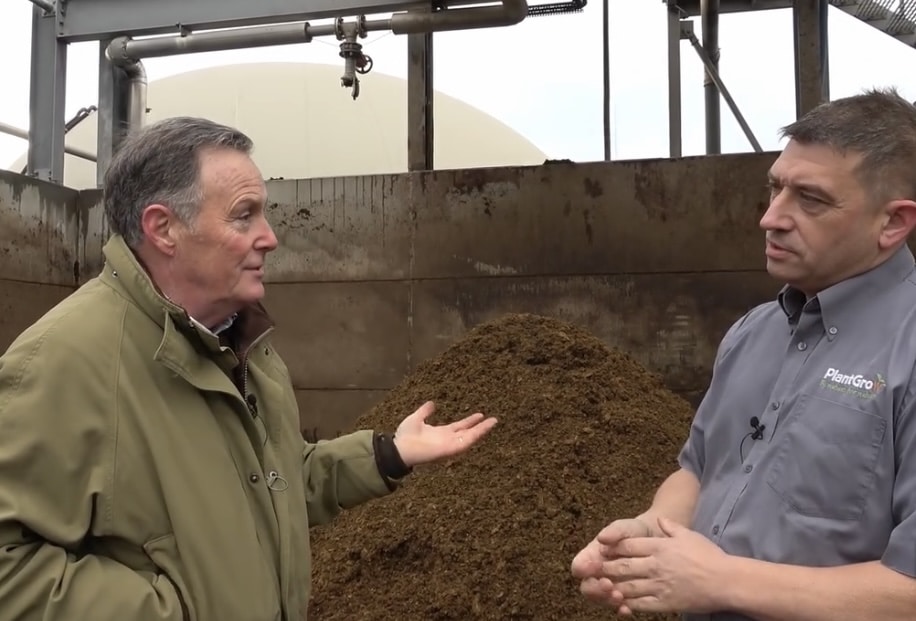
2025 is promising to be a busy year once again for us at PlantGrow with new brand ambassadors and a new list of ‘Champions’ who
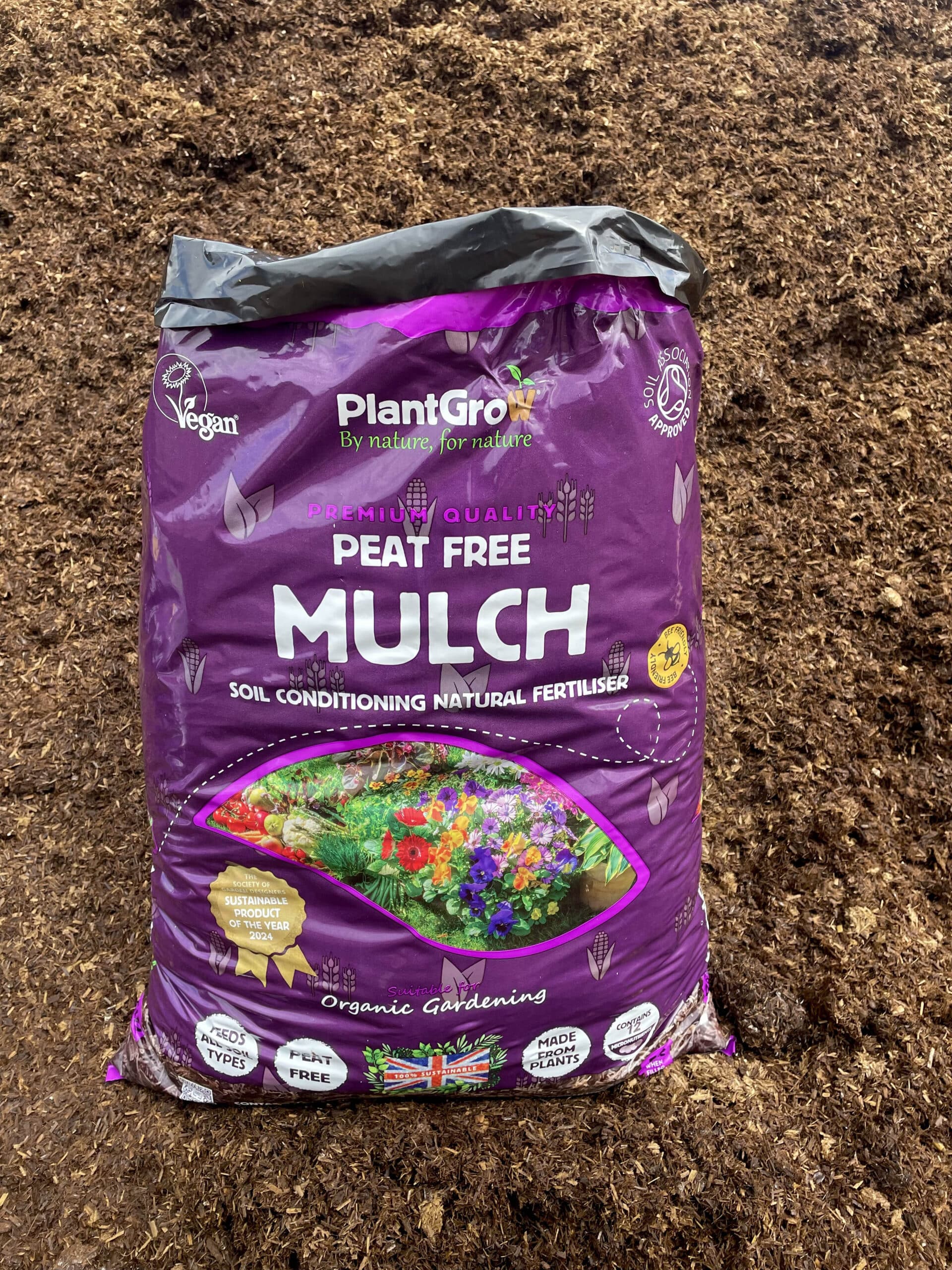
November 2024 Award-winning & market leading PlantGrow Organic Mulch will soon be available in 50-litre size bags for garden centres. Their signature natural fertiliser product
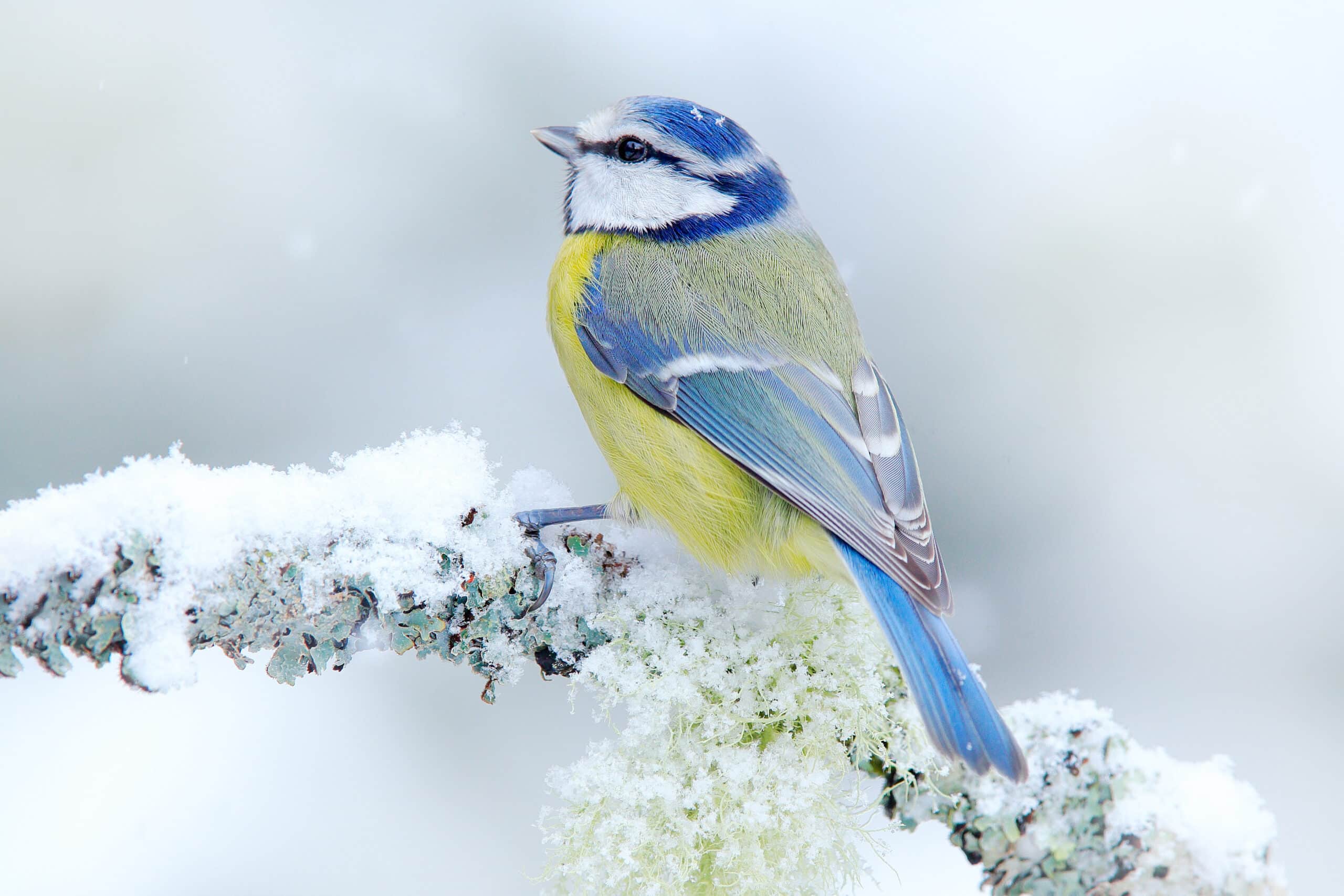
Late Autumn and the onset of Winter will trigger a notable change to the abundance, behaviour and physical state of life within our gardens. With
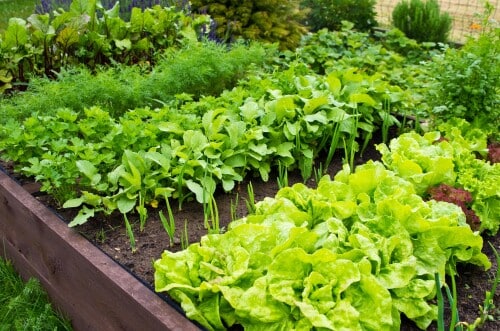
Why do you need to add PlantGrow mulch this Autumn? Mulching or topdressing is needed for a number of reasons as it is beneficial for
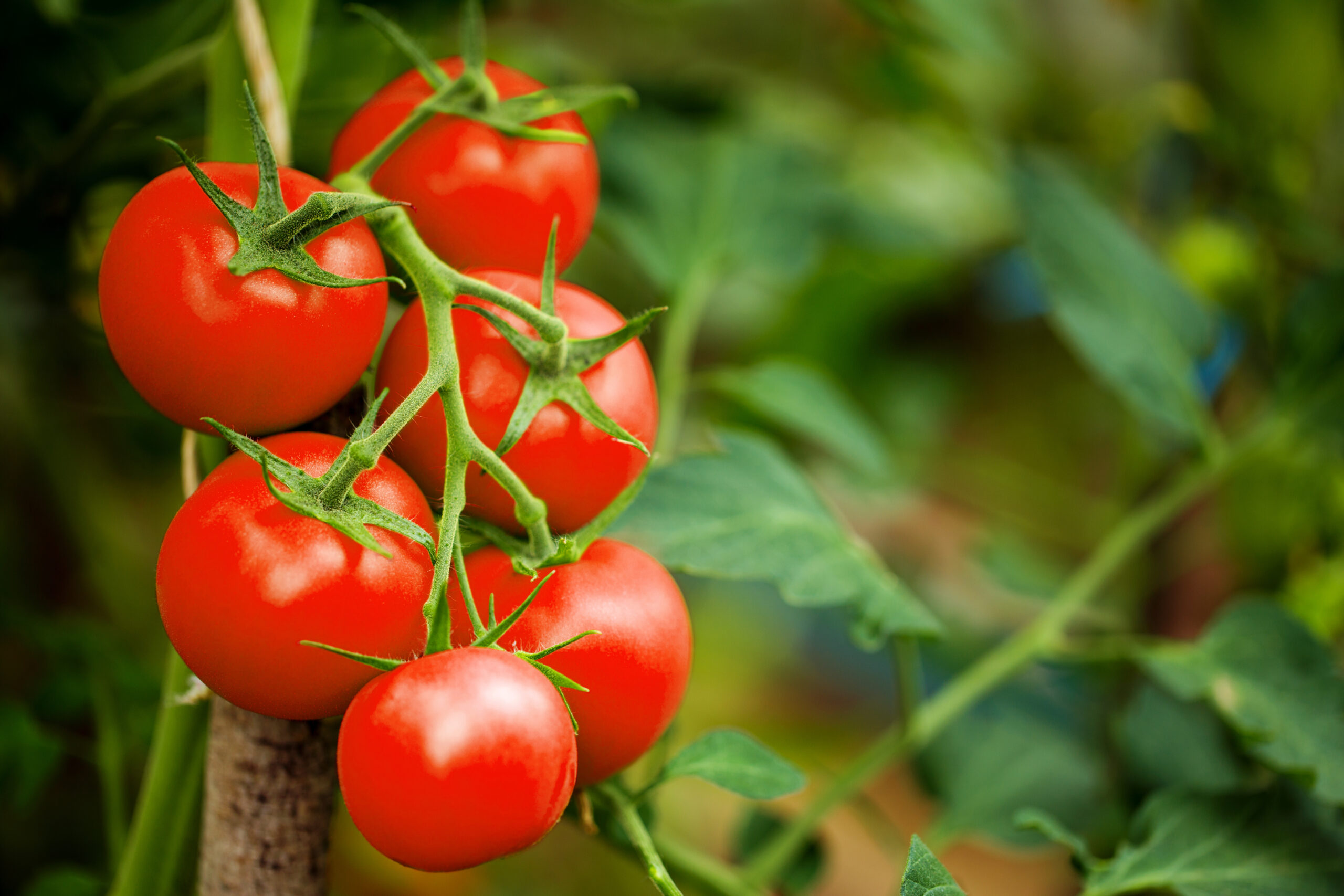
Q: Why should I use fertiliser on my fruits and vegetables? To help you get the most from your garden. Fertilisers supply your plants with
| Cookie | Duration | Description |
|---|---|---|
| _savt | 3 years | This cookie is set by Square for payment processing. |
| cookielawinfo-checkbox-advertisement | 1 year | Set by the GDPR Cookie Consent plugin, this cookie is used to record the user consent for the cookies in the "Advertisement" category . |
| cookielawinfo-checkbox-analytics | 11 months | This cookie is set by GDPR Cookie Consent plugin. The cookie is used to store the user consent for the cookies in the category "Analytics". |
| cookielawinfo-checkbox-functional | 11 months | The cookie is set by GDPR cookie consent to record the user consent for the cookies in the category "Functional". |
| cookielawinfo-checkbox-necessary | 11 months | This cookie is set by GDPR Cookie Consent plugin. The cookies is used to store the user consent for the cookies in the category "Necessary". |
| cookielawinfo-checkbox-others | 11 months | This cookie is set by GDPR Cookie Consent plugin. The cookie is used to store the user consent for the cookies in the category "Other. |
| cookielawinfo-checkbox-performance | 11 months | This cookie is set by GDPR Cookie Consent plugin. The cookie is used to store the user consent for the cookies in the category "Performance". |
| CookieLawInfoConsent | 1 year | Records the default button state of the corresponding category & the status of CCPA. It works only in coordination with the primary cookie. |
| elementor | never | This cookie is used by the website's WordPress theme. It allows the website owner to implement or change the website's content in real-time. |
| viewed_cookie_policy | 11 months | The cookie is set by the GDPR Cookie Consent plugin and is used to store whether or not user has consented to the use of cookies. It does not store any personal data. |
| Cookie | Duration | Description |
|---|---|---|
| _GRECAPTCHA | Session | Spam prevention |
| _hjSession_* | 30 Minutes | A cookie that holds the current session data. This ensures that subsequent requests within the session window will be attributed to the same Hotjar session. |
| Woocommerce_cart_hash | 1 Day | To store items in cart |
| Woocommerce_items_in_cart | Session | Store items in cart. |
| Wordpress_logged_in_ | Session | WordPress |
| Wordpress_sec_* | 15 Days | To provide protection against hackers, store account details. |
| Wp_woocommerce_session_* | Session | Store performed actions. |
| Cookie | Duration | Description |
|---|---|---|
| _hjAbsoluteSessionInProgress | 30 Minutes | Hotjar sets this cookie to detect the first pageview session of a user. This is a True/False flag set by the cookie. |
| _hjAbsoluteSessionInProgress | 30 Minutes | Hotjar sets this cookie to detect the first pageview session of a user. This is a True/False flag set by the cookie. |
| _hjSessionUser_* | 1 Year | Hotjar cookie that is set when a user first lands on a page with the Hotjar script. It is used to persist the Hotjar User ID, unique to that site on the browser. This ensures that behavior in subsequent visits to the same site will be attributed to the same user ID |
| CONSENT | 2 years | YouTube sets this cookie via embedded youtube-videos and registers anonymous statistical data. |
| Cookie | Duration | Description |
|---|---|---|
| VISITOR_INFO1_LIVE | 5 months 27 days | A cookie set by YouTube to measure bandwidth that determines whether the user gets the new or old player interface. |
| YSC | session | YSC cookie is set by Youtube and is used to track the views of embedded videos on Youtube pages. |
| yt-remote-connected-devices | never | YouTube sets this cookie to store the video preferences of the user using embedded YouTube video. |
| yt-remote-device-id | never | YouTube sets this cookie to store the video preferences of the user using embedded YouTube video. |
| Cookie | Duration | Description |
|---|---|---|
| cookielawinfo-checkbox-tracking | 1 year | No description |
Parcel deliveries
We aim to deliver all parcels within 2-4 working days from dispatch, order before 12:00pm for same day dispatch.
Pallet deliveries
We aim to deliver all pallets within 2-5 working days from dispatch, order before 12:00pm for same day dispatch.
If you require further information regarding your delivery, please email daniel@plantgrow.co.uk
